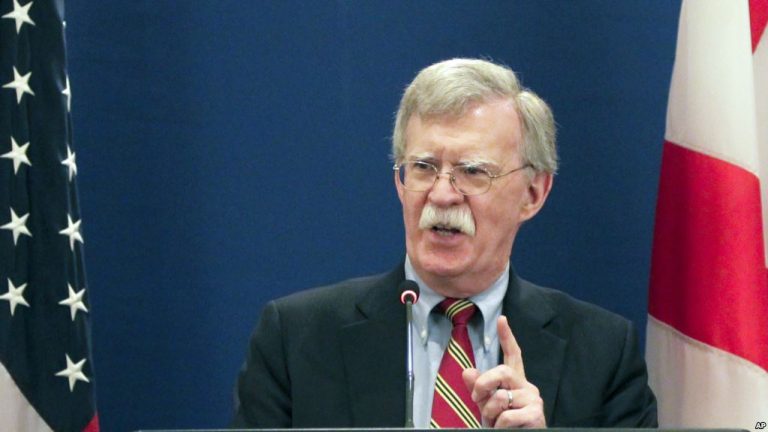loyola llothta
☭☭☭
Update:
Another Earthquake Rocks Northern Haiti
Kim Ives -
October 7, 2018
Another Earthquake Rocks Northern Haiti
Kim Ives -
October 7, 2018
Dozens of homes in northwestern Haiti were damaged in the Oct. 6, 2018 earthquake of magnitude 5.9 off Ile de la Tortue.
like St. Louis du Nord, were flooded by sea water after the quake, in what some called a “mini-tsunami.”
A magnitude 5.2 aftershock occurred at 4:00 p.m. on Sun., Oct. 7, some 10 miles north of Port-de-Paix. It was 11 times less powerful than the quake the day before.
Haiti’s north has registered several tremors and temblors in recent weeks. A 5.2 earthquake struck about 36 miles east of Fort Liberté on Sep. 23 at 1.46 a.m. and a 3.6 magnitude tremor struck 11 miles north of Cap Haïtien on Sep. 24 at 8:04 p.m..

The Catholic Church-run St. Gabriel Primary School in Gros Morne was mostly destroyed. Credit: Jonathan LaMare
“All this seismic activity could be a precursor to a major earthquake of magnitude 7 or 8,” said geological engineer Claude Prépetit, the director general of Haiti’s Office of Mines and Energy (BME). “We have to be ready for more powerful events.”
Prépetit said Haiti had recorded some 26 tremors between 2.9 and 4.6 from January to August 2018.
Another house damaged in the Oct. 6, 2018 quake.
A 5.9 magnitude seism is about 45 times less powerful than the 7.0 earthquake that devastated the area around Haiti’s capital, Port-au-Prince, on Jan. 12, 2010. Nonetheless, it was still able to cause considerable damage due to the poor construction of many homes and buildings in Haiti. In Gros Morne, a large auditorium completely collapsed and St. Gabriel’s primary school crumpled. In Plaisance, the front of a large Roman Catholic church fell down, and in Port-de-Paix, the main police station was badly damaged.
Many houses in Haiti, like this one damaged in the Oct. 6 quake, are of very poor construction.
The Septentrional Fault Zone runs the length of Haiti’s northern coast while the Enriquillo-Plantain Garden Fault Zone runs down the middle of Haiti’s southern peninsula.
On May 7, 1842, an estimated 8.1 magnitude struck near Cap Haïtien, leveling the city and triggering a tsunami. Some 5,000 were killed by the earthquake and 300 by the tsunami

























